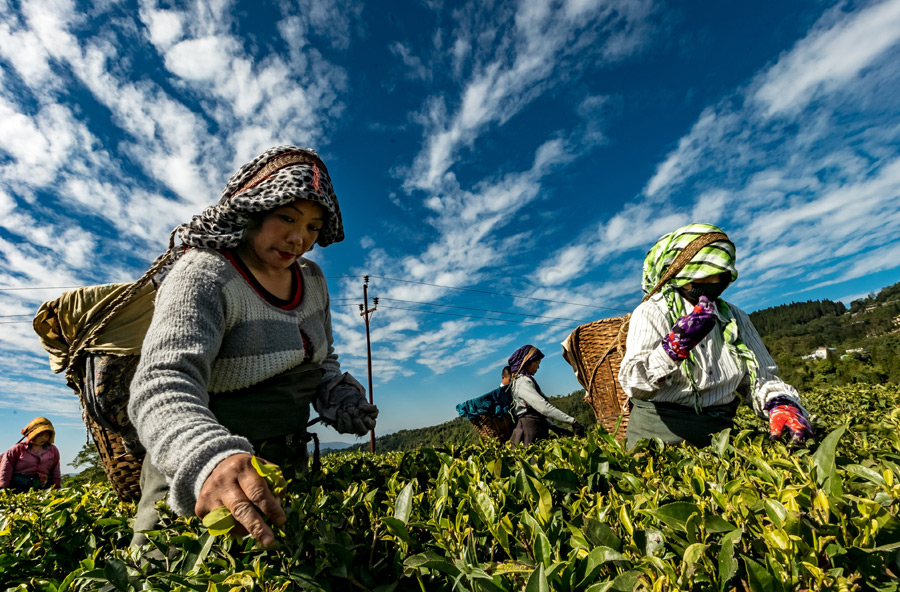Muthukumara Mani, Badri Narayanan Gopalakrishnan, Deepika Wadhwa
The study aims to provide insights to policy makers in measuring the impact of trade liberalization and regional integration measures on gender employment and wages. The study incorporates gender-differentiated employment and wages for selected South Asian economies across sectors to identify targeted value chains and economic activities, particularly among green trade sectors. This is the first major attempt to develop a gender-differentiated data set for South Asian countries, within the widely used Global Trade Analysis Project framework, to examine the nexus between trade, green economy, and gender. Two illustra-tive scenarios are examined. The first scenario examines a complete tariff elimination among the Bhutan-Bangla-desh-India-Nepal grouping of countries in all sectors. The second scenario involves complete tariff elimination among countries in South Asia. The results indicate that a free trade agreement signed by all countries is likely to be more beneficial compared with only some countries signing the free trade agreement. Women’s employment grows faster than men’s employment, as most of the sectors that benefit due to these free trade agreements are women intensive. Growth in women’s employment and wages in South Asia is consistent with growth in green sectors.

